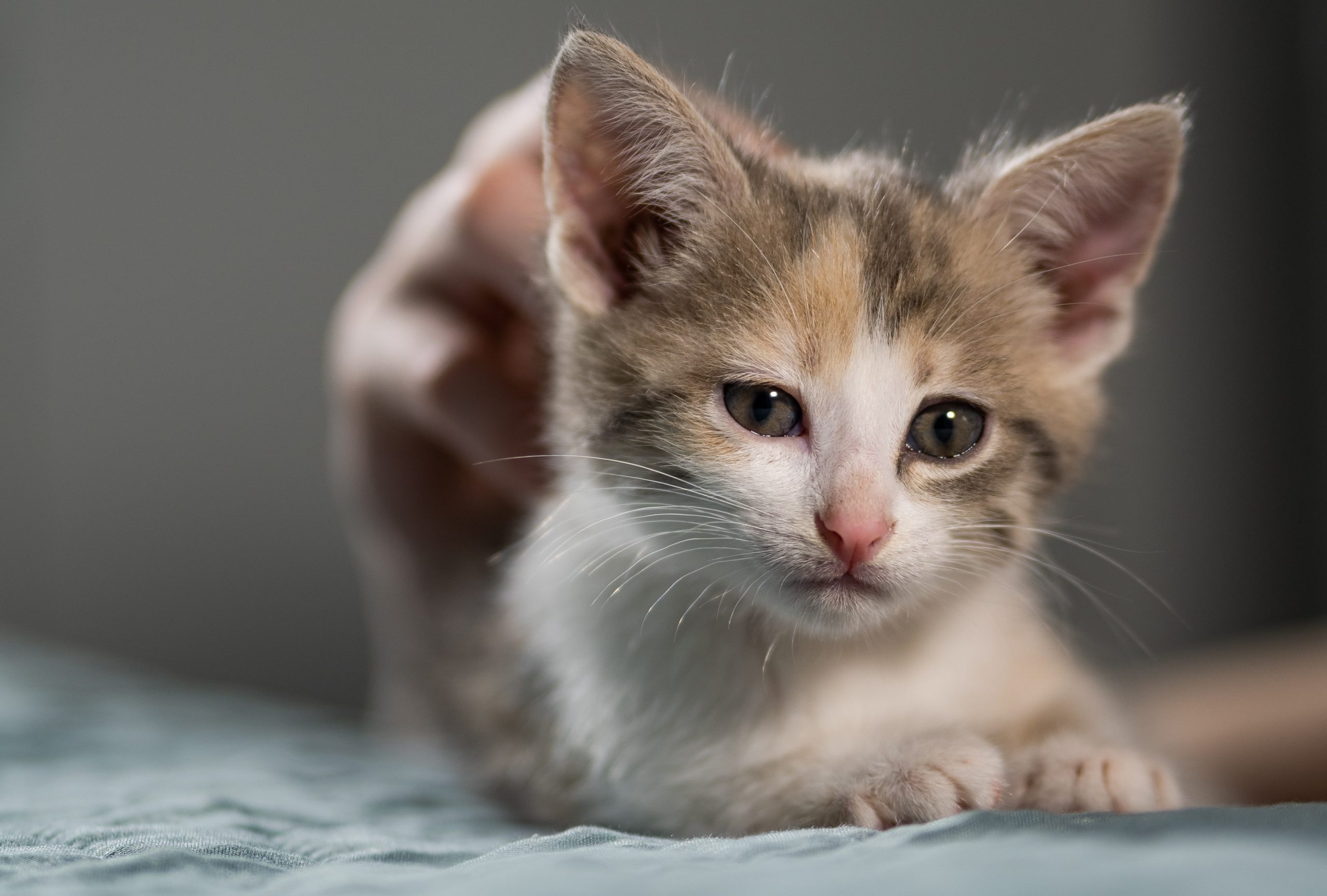Share This Article
Poppy Morandin.
A 26-year-old Sydney tradie who beat his boss’ 12-week-old kitten to death has avoided jail, following pleading guilty at Downing Centre Local Court.
Bibek Katwal had been drinking at a work Christmas party, attended by his boss and colleagues at the Clock Hotel in Surry Hills on 20 December 2020, prior to the shock attack.
Following four hours of drinking at the hotel, Katwal caught an Uber with a workmate and his boss, to the boss’ apartment in Bronte.
Katwal’s boss left him alone in the unit, as he had realised he had left his phone in the Uber.
A group of men who had attended the work function arrived at the unit, approached the front door, and observed Katwal outside holding the bleeding kitten by the back of its neck.
One of the men said: “you killed the cat,” to which Katwal replied: “it was already dead.”
He then lifted the kitten over his head and threw it to the ground.
He later picked up the kittens lifeless body for a second time and threw it at a brick wall.
It is believed that the kitten was dead, prior to it being brought outside the unit.
When another one of the men said: “what the f*** is wrong with you,” Katwal responded with “it’s alright.”
Katwal’s boss and his girlfriend took the kitten, named Brock, to a local veterinarian who was unable to resuscitate it.
When arrested and charged, Katwal claimed he had a lot to drink and was unable to recall the incident.
He eventually pleaded guilty to a charge of recklessly beating and killing an animal.
Katwal has since been convicted and sentenced to an 18-month term of imprisonment which will be served in the community in the form of an intensive corrections order.
He also received a $2,200 fine, 18-month booze ban and 10-year ban on the possession of any animal.
Animal Abuse Offences and Penalties in NSW
Pursuant to section 530(1) of the Crimes Act 1900 (NSW), a person is guilty of an offence if they, with the intention of inflicting severe pain, torture, beat or commit any other serious act of cruelty on an animal.
This action must result in the death, serious injury of the animal or have caused prolonged suffering to the animal, in order to be found guilty.
A maximum penalty of 5 years imprisonment is applicable.
However, if it is found that a person was reckless as to whether severe pain is inflicted, in the above scenario, a maximum penalty of 3 years imprisonment is applicable, as outlined in section 530(1A).
Both of these offences are classified as ‘Table 2’ offences, which means that they will proceed summarily in the Local Court, unless the prosecutor elects for the matter to proceed to the District Court.
If the matter proceeds summarily, a maximum penalty of 2 years imprisonment is applicable.
Recent amendments to the Prevention to Cruelty Animals Act 1979 (NSW), have enabled those convicted of animal cruelty offences under the Crimes Act being prohibited from purchasing, owning, or working with animals.
Under section 31 of the Act, when a person is convicted of an animal cruelty offence and the court is satisfied that if the person was in charge of an animal, that they would likely commit a further offence, the court may impose a ‘disqualification order’ for a period it sees fit.
Section 30B enables ‘interim’ orders to be made, prior to an accused persons’ conviction. If a person fails to comply with an order imposed, through purchasing, owning, or working with animals, they face a maximum penalty of a $5,500 fine and/or 6 months imprisonment.
Book a Lawyer Online
Make a booking to arrange a free consult today.
Call For Free Consultation
Call Now to Speak To a Criminal Defence Lawyer
Over 40 Years Combined Experience
Proven SuccessAustralia-Wide
Experienced LawyerGuarantee
 (02) 8606 2218
(02) 8606 2218
 (02) 8606 2218
(02) 8606 2218














